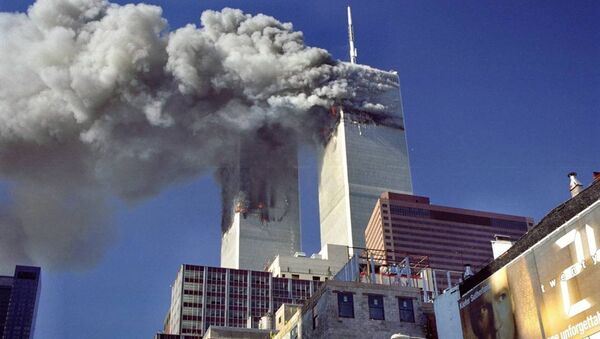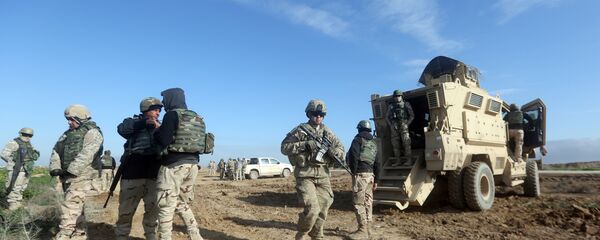"Generally speaking, this lawsuit will hardly have a decisive impact on the relations between Saudi Arabia and the United States. A matter of prestige becomes secondary to military and strategic issues. Saudi Arabia has been concerned with Iranian expansion. The United States is the only one Riyadh can count on," Truyevtsev, a senior research fellow at the Center for Arab and Islamic Research at the Russian Academy of Sciences' Institute of Oriental Studies, told RT.
JASTA which among other things allows relatives of 9/11 victims to sue Saudi Arabia for its alleged role in the 2001 terrorist attacks has complicated the already tense relations between the US and one of its key allies in the Middle East. High-ranking Saudi officials have tried to convince the White House to abandon the law.
Most recently, Saudi Arabia's Minister of Energy, Industry and Mineral Resources Khalid al-Falih said that Riyadh was "not happy" with JASTA and wanted United States President Donald Trump to repeal it.
"Once in the White House, Trump has been forced to define his stance on the law all over again," Igor Gashkov wrote for RIA Novosti.
Trump's tough stance on Iran could serve as a tacit indication of what his foreign policy orientation in the Middle East is, a welcome development for Saudi Arabia.
Earlier this year, "it was not Saudi Arabia that the Republican referred to as 'number one terrorist state,' as relatives of victims insist, but Iran, Riyadh's key geopolitical rival," the analyst observed. "Trump's statements have been met with enthusiasm in Riyadh which has genuinely counted on working with Washington against Tehran."
Never miss a story again — sign up to our Telegram channel and we'll keep you up to speed!





